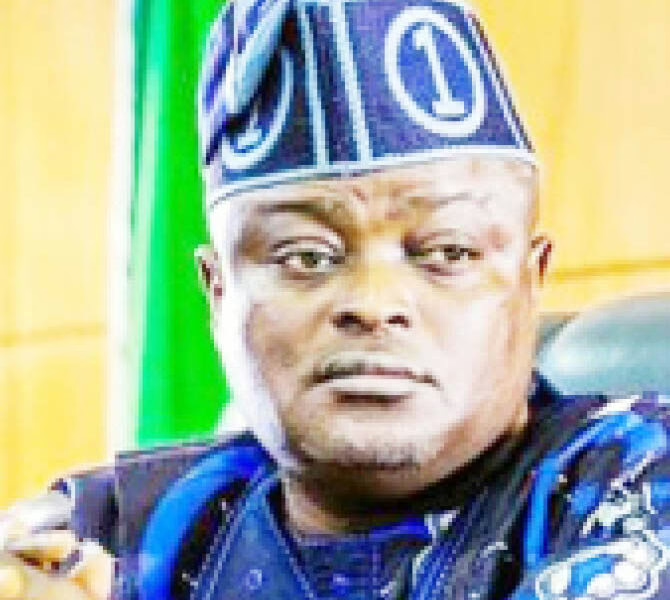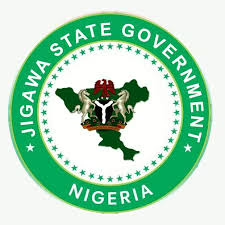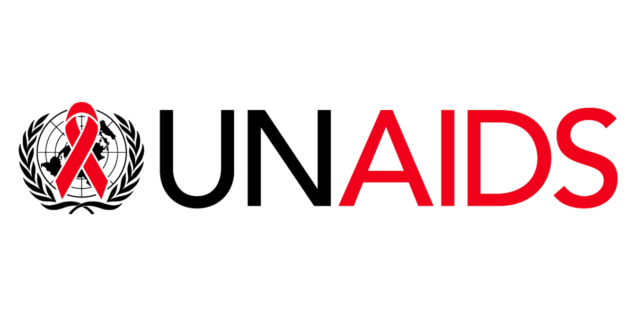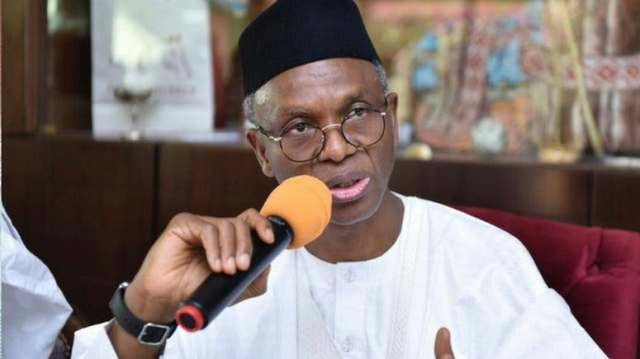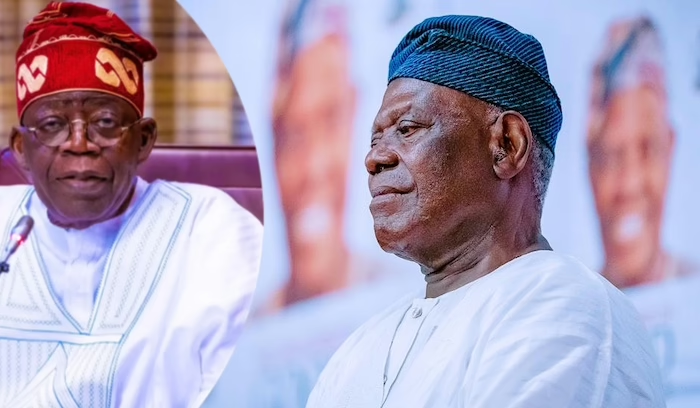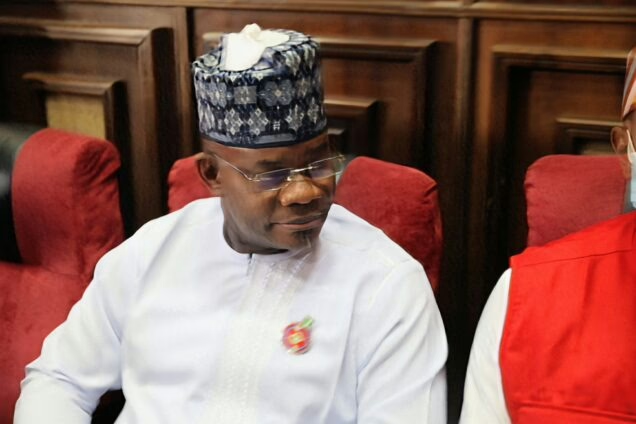… The Contours and Consequences of a Second-Term Foreign Policy
A gray rhino—a predictable and long-foreseen disruption that is still shocking when it occurs—has crashed into American foreign policy: Donald Trump has won a second term as president of the United States. Despite polls predicting a nail-biter, the final results were fairly decisive, and although we do not know the precise composition of the new order, we know Trump will be at the top of it.
Trump’s win in 2016 was far more of a surprise, and much of the debate in the weeks after Election Day revolved around the questions of how he would govern and how dramatically he might seek to alter the United States’ role in the world. Owing to Trump’s unpredictability, erratic style, and less-than-coherent thinking, some of those same questions remain open today. But we have far more information now after four years of watching him lead, four more years of analyzing his time in office, and a year of witnessing his third campaign for the White House. With that data, it’s possible make some predictions about what Trump will try to do in his second term. The known unknown is how the rest of the world will react and what the ultimate outcome will be.
EXPOSED!! POPULAR ABUJA DOCTOR REVEALED HIDDEN SECRET ON HOW MEN CAN NATURALLY AND PERMANENTLY CURE POOR ERECTION,QUICK EJACULATION, SMALL AND SHAMEFUL MANHOOD WITHOUT SIDE EFFECTS. EVEN IF YOU ARE HYPERTENSIVE OR DIABETIC ..STOP THE USE OF HARD DRUG FOR SEX!! IT KILLS!
Two main things are clear. First, as in Trump’s first term (and as in all presidential administrations), personnel will shape policy, and various factions will jockey for influence— some with radical ideas about transforming the administrative state and American foreign policy, others with more conventional views. This time around, however, the more extreme factions will have the upper hand, and they will press their advantage to ice out more moderate voices, hollow out the ranks of civilian and military professionals they see as “the deep state,” and perhaps use the levers of government to go after Trump’s opponents and critics.
Second, the essence of Trump’s approach to foreign policy—naked transactionalism—remains unchanged. But the context in which he will try to carry out his idiosyncratic form of dealmaking has changed dramatically: the world today is a far more dangerous place than it was during his first term. Trump’s campaign rhetoric painted the world in apocalyptic terms, portraying himself and his team as hard-nosed realists who understood the danger. But what they offered was less realism than magical realism: a set of fanciful boasts and shallow nostrums that reflected no genuine understanding of the threats the United States faces. Whether Trump can in fact protect American interests in this complex environment may depend on how quickly he and his team jettison the campaign caricature that persuaded a little more than half the electorate and instead confront the world as it really is.
The Personnel Is Political
The first task Trump faces will be the formal transition. Even under the best of circumstances, this is a difficult bureaucratic maneuver to execute, and it is doubtful it will go smoothly this time. Trump has already registered his disdain for the process and, to avoid being subject to stringent ethical constraints, has refused so far to cooperate with the General Services Administration, which provides the infrastructure that allows a government in waiting to garner the information it needs to be ready on day one. The absence of a traditional transition may not slow the incoming administration down all that much, however, since it already outsourced most of the work to the Heritage Foundation’s infamous Project 2025 and the less well-known transition project of the America First Institute. The work done by MAGA true believers on those projects is far more consequential and more indicative of what an incoming Trump administration will do than anything developed by the nominal transition effort co-chaired by former Congresswoman Tulsi Gabbard and Robert F. Kennedy, Jr.
The transition will be even less consequential if the Trump team follows through on its plans to forgo FBI background checks and instead have the president grant security clearances solely on the basis of internal campaign vetting, allowing Trump to prevent his preferred personnel choices from being blocked by any skeletons in their closets. Such a radical step would probably be legal, but only after Trump is inaugurated. In the meantime, the outgoing Biden administration would be limited in its ability to coordinate with the incoming Trump team in the traditional way because Trump’s staffers would not have clearances.
Advertisement
This will matter even more if Trump decides to put into senior positions some of the fringe characters who now dominate his inner circle. Even if Trump does not carry out the wildest notions he floated during the campaign—the retired football star and failed 2022 Senate candidate Herschel Walker will not be in charge of missile defense, for instance—he might bring in to national security posts individuals such as the retired general Michael Flynn or Steve Bannon, whose brushes with the law would normally block them from service in the national security state. Either way, he will arrive with a team determined to carry out many of the same schemes that less radical figures managed to talk Trump out of pursuing in his first term. For instance, after losing the 2020 election, Trump wanted to impose a hasty withdrawal from Afghanistan in his waning weeks as commander in chief: the same kind of disastrous retreat that President Joe Biden authorized a half year later. But when some on his remaining national security team pointed out the risks of this maneuver, Trump relented.
During his first term, Trump’s national security political appointees could be placed in one of three categories. The first and perhaps largest one consisted of people with genuine expertise who might have gotten positions in a normal Republican administration, albeit probably a couple of levels below the ones they came to occupy in Trumpworld. They tried to implement the president’s agenda as best they could amid the chaos, and most of the good things that happened can be credited to them: for example, the effort to turn former President Barack Obama’s rhetorical “pivot to Asia” into a reality with meaningful strategic partnerships in the Indo-Pacific region mostly happened below Trump’s radar and continued along similar tracks in the Biden administration, advanced by like-minded strategists.
A smaller but vastly more influential group was made up of veteran senior officials who had fixed ideas about where national security policy should go and believed they could engineer those outcomes despite Trump’s hypertransactionalism by emphasizing how the alternative policy would signal weakness. Examples include H. R. McMaster and John Bolton, who served as Trump’s second and third national security advisers, respectively. In their memoirs, they point to what they considered to be genuine policy achievements: McMaster got Trump to agree to a surge of U.S. troops into Afghanistan in 2017 and Bolton got Trump to withdraw from the Iran nuclear deal in 2018. But McMaster, Bolton, and every other senior figure who took that approach wound up leaving the administration after recognizing that Trump would always find a way to slip loose from the harness and bolt, undercutting whatever policy good they otherwise thought they might achieve. Even some of those who made it to Biden’s inauguration in 2021 without quitting have offered me remarkably candid assessments in private that confirm the picture of Trump as reckless and anything but a national security mastermind, regardless of what they have said publicly.
The third category was a small but influential group of MAGA true believers and chaos agents who sought to carry out Trump’s whims without any clarification or regard for the consequences. They had a cramped view of loyalty, believing that the boss should get what he appeared to ask for and not hear about the unintended consequences of those moves lest he change his mind when fully apprised of the facts. For instance, the risky attempts to retreat from Afghanistan and other NATO commitments in the waning days of the first term were engineered by junior staffers who were left in charge after more senior leaders had cleared out and who sought to prevent Trump from being fully advised on what his directives would actually yield.
In the coming Trump administration, there will still be the conventional Republicans seeking a once-in-a-lifetime career opportunity and willing to risk the self-immolation that might befall them if they somehow run afoul of Trump. No one should denigrate their service, since without them, Trump will not be the best president he can be. There will still be the ideologues who think they know the right strategy to follow and believe they can channel Trump into doing what they consider to be the right thing—for example, abandoning Ukraine to the predations of Russian President Vladimir Putin while stiffening U.S. deterrence of China, an approach that might seem clever in an academic seminar or a newspaper op-ed but likely will not work in real life. And thanks to the Heritage Foundation and the America First Institute, there will be plenty of chaos agents for whom destroying the existing system of national security policymaking, which has preserved American interests for 80 years, will be a feature of Trump 2.0, not a bug. The difference is that this time, the third group will be larger and more influential than last time.
This poses a serious challenge to the custodians of the existing system of national security policymaking: the uniformed military and the civil service that make up the vast majority of people tasked with overseeing any president’s agenda. Trump and his team have made it clear that they prioritize loyalty above all. And they may have the simplest of loyalty tests: ask any individual in a position of authority whether the election of 2020 was stolen or whether the January 6 assault on the U.S. Capitol was an act of insurrection. As Trump’s running mate JD Vance has demonstrated, there is only one way to answer those questions that Trump will accept.
A litmus test like that could allow Trump to politicize the senior ranks of the military and the intelligence services by promoting only individuals he believes are “on the team.” Members of the civil service would enjoy more job security and insulation from political pressure, unless the Trump team pursues its plan to reclassify thousands of professional civil servants as political appointees who serve at the pleasure of the president, thus making them relatively easy to remove for political reasons.
The military and the civil service are unlikely to take any provocative action that would trigger, let alone justify, such a purge. They understand that they are not the “loyal opposition”—a role reserved for the minority party in Congress and watchdogs in the media and the policy commentariat. In accordance with their oaths of service and their professional ethic, professionals in the national security state will be preparing themselves to help Trump as best they can.
Continues on FOREIGN AFFAIRS (www.foreignaffairs.com), November 6, 2024.



